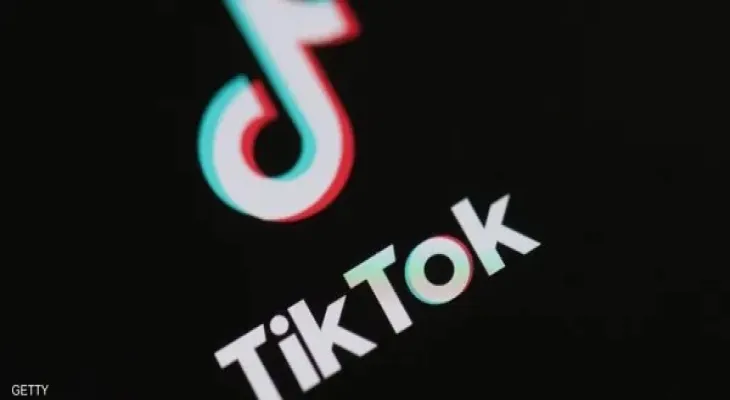Search here
Newspaper
Search here

Arab Canada News
News

Published: March 13, 2024
The US House of Representatives overwhelmingly approved a bill on Wednesday that forces TikTok to break away from its Chinese parent company under threat of being banned in the United States.
352 representatives voted in favor of the proposed law and 65 against it, in a rare moment of bipartisan agreement in a divided Washington.
The legislation is the biggest threat yet to the video sharing app, which has gained great popularity worldwide, while raising concerns among governments and security officials about its Chinese ownership and potential subservience to the Communist Party in Beijing.
China warned on Wednesday that the proposed ban on the app "will surely backfire on the US."
Chinese Foreign Ministry spokesman Wang Wenbin said: "Although the United States has never found evidence that TikTok threatens US national security, it has not stopped cracking down on TikTok."
He added that "this kind of bullying behavior that cannot win in fair competition disrupts the normal commercial activities of companies, harms international investors' confidence in the investment environment, and damages the normal international economic and trade system."
The fate of the bill is not yet known in the Senate, where senior figures oppose taking such a drastic step against a very popular app with about 170 million subscribers in the United States.
President Joe Biden must sign the bill, officially called "Protecting Americans from Foreign Adversarial Apps Subject to Censorship," for it to become law if it reaches the White House.
The app strongly denies any relations with the Chinese government and has restructured the company so that American users' data remains within the country, according to the company.
Beijing warned Washington on Wednesday that the proposed ban on the Chinese-owned video sharing app TikTok "will definitely backfire."
The US House of Representatives is set to vote later Wednesday on a bill that would force the app to sever ties with its Chinese owner under threat of a ban in the United States.
The legislation is the biggest threat yet to the video sharing app that has gained great popularity worldwide, while raising concerns among governments and security officials about its Chinese ownership and potential subservience to the Communist Party in Beijing.
Before the vote, Chinese Foreign Ministry spokesman Wang Wenbin condemned the potential US ban.
He said: "Although the United States has never found evidence that TikTok threatens US national security, it has not stopped cracking down on TikTok."
He added that "this kind of bullying behavior that cannot win in fair competition disrupts the normal commercial activities of companies, harms international investors' confidence in the investment environment, and damages the normal international economic and trade system."
Wang said he believes "in the end, this will surely backfire on the United States itself."
The vote is expected to take place at 14:00 GMT and to pass easily in a rare moment of bipartisan agreement in a politically divided Washington.
The fate of the bill is not yet known in the Senate, where senior figures oppose taking such a drastic step against a very popular app with about 170 million subscribers in the United States.
President Joe Biden must sign the bill, officially called "Protecting Americans from Foreign Adversarial Apps Subject to Censorship," for it to become law if it reaches the White House.
The app strongly denies any relations with the Chinese government and has restructured the company so that American users' data remains within the country, according to the company.
TikTok CEO Shou Zi Chew is in Washington seeking to rally support to stop the bill.
Michael Beckerman, TikTok's Vice President for Global Public Policy, wrote in a letter to the bill's sponsor obtained by AFP, "This latest legislation, rushed with unprecedented speed without benefiting from a public hearing, raises serious constitutional concerns."
Comments